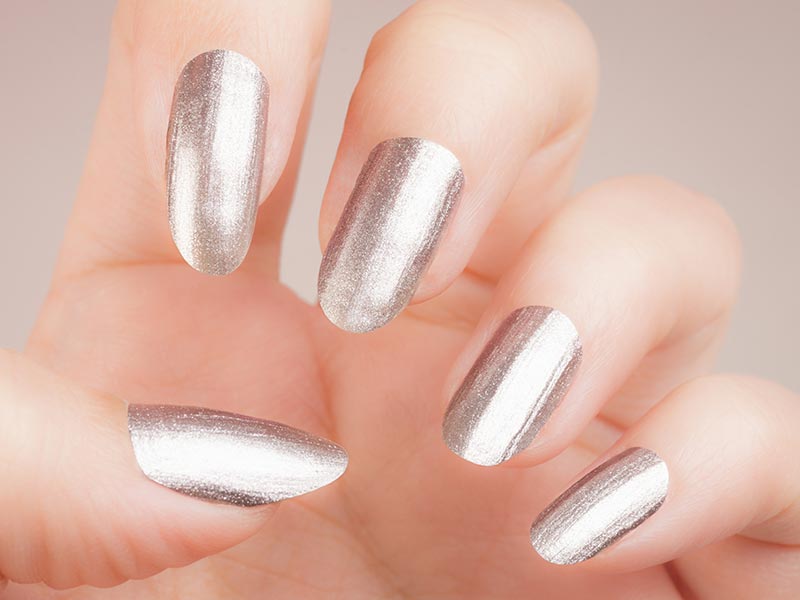Spreading rumors, spilling the tea, gossiping – it happens so frequently that we have accepted it as part of life. At some point, everyone has participated in or been part of gossip. It may even feel enjoyable at times, when you’re on the “inside,” and finding some attention or acceptance in knowing information about others that no one else knows.
However, it’s obvious that gossiping has harmful effects on those being talked about. Besides being rude and inappropriate, sometimes gossip can be harmful. Being the focus of hurtful or humiliating stories is likely to induce both short- and long-term negative impacts on a person’s mental health. Here’s how.
You may also be interested in:
- 5 Ways to Recharge and Avoid Feeling Drained During the Week
- 21 Inspirational Quotes from Women About Mental Health
- Got Ghosted? Here’s What You Need To Do
Self-esteem
Sometimes “spilling the tea” is just another way of bullying. Untrue stories, private information, or even embarrassing photos of you or a loved one may spread through gossiping. With the rise of social media, you’ll be caught off guard by how fast gossip can spread. These stories may target anything from physical appearance and financial status to beliefs and preferences. Continuous gossip and bullying can harm your self-confidence and self-esteem, contributing to anxiety and depression in the long run.
Alienation
Hearing negative talk about yourself or a loved one may cause you to shy away from friend groups and ultimately choose to be alone. Gossip may affect relationships, and conflict may arise when one person learns that another is spreading the word about them. In the end, negative stories may cause you to alienate yourself from a group or a particular relationship to escape all the noise.
Focus
Gossip may affect your ability to focus. For example, when you know you are the topic of the talk, it may be challenging to focus on a task or perform well at work or school. A tarnished reputation may cause you to feel pain, embarrassment, anxiety, and many more! All these can lead to the loss of focus on your responsibilities.

Physical Health
Gossip may also adversely impact your habits, including eating habits. Eating disorders may arise from negative perceptions of food, weight, and body image. Eating disorders have negative consequences such as obesity, bone loss, gastrointestinal disturbances, fluid imbalances, blood pressure, anxiety, depression, and many more!
Credibility
“Spilling the tea” is also harmful to those who spread it. For instance, people who consistently participate in circulating negative stories may come across as dishonest, judgmental, and insecure. Ironically, spreading gossip may damage one’s reputation just like being the subject of it is likely to do. It’s best to address issues directly rather than spread hurtful rumors or allegations.
Some Kind Words
When you hear hurtful rumors about you being passed around, it will help to keep in mind that you have other options to cope with gossip or address it. Make sure to take care of yourself mentally and physically at all times, especially if you’re the target of gossip or bullying. Remember to respond in healthy ways, such as ignoring the rumors, addressing the issue, or confronting the gossiper directly.
If you are experiencing depression, suicidal thoughts, or any mental health issues resulting from gossip, it’s best to seek help. Therapy can provide a safe space to communicate painful experiences and develop plans to address them.


Kylie Martin
Kylie Ann Martin is a freelance content writer. Working for different small and large-scale businesses, Kylie has written various articles about lifestyle, health, tech, and business. Apart from her passion for writing, she dedicates her spare time learning about personal injury law.


























Subscribe so you don’t miss a post
Sign up with your email address to receive news and updates!